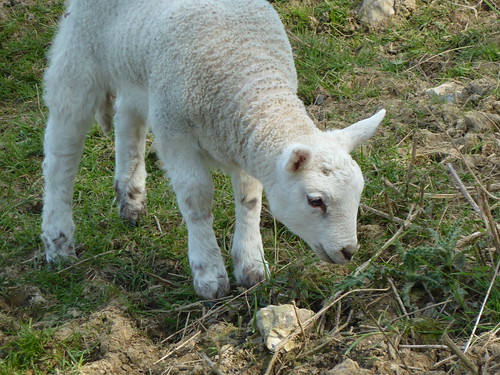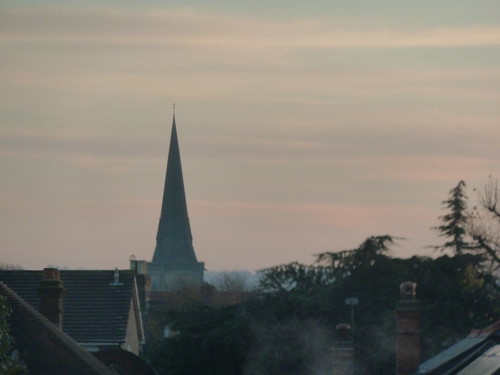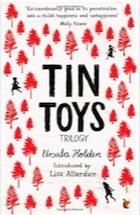The second book, for February, is a novel, A Song for Issy Bradley by Carys Brae. At risk of straying into cliché, I found this hard to put down and was utterly absorbed in its world. However, it is one of those books that it is hard to review without giving too much away. In short it deals with the effects of a tragedy on a Mormon family living in the North West of England and observes the events through the eyes of different members of the family in turn. Throughout the family's faith both helps and hinders their grief and the novel explores the tensions of being a family living by different rules and beliefs to that of the community around them. I rarely read modern fiction, generally having too much of the back catalogue to get through, but heard the short story the novel started off life as on the radio and needed to read the rest of the story. It is beautifully written, cathartic (I did a fair amount of weeping), but not mawkish or depressing, do read it.
As ever you can see the other entries in The Year in Books here










.jpg)









 ewhere, career, own place, own life; only I don't. Yet another birthday has come and gone and I'm still here, still sick, still at home, still seemingly going nowhere. Once again I need to look to God and remember that He "knows what He's a-doing of" and that He looks at things differently. Looking to Him, trusting in Him, pressing on to know Him are the things that matter, whether I have an independent life or not and remember that He loves me just as I am.
ewhere, career, own place, own life; only I don't. Yet another birthday has come and gone and I'm still here, still sick, still at home, still seemingly going nowhere. Once again I need to look to God and remember that He "knows what He's a-doing of" and that He looks at things differently. Looking to Him, trusting in Him, pressing on to know Him are the things that matter, whether I have an independent life or not and remember that He loves me just as I am.
